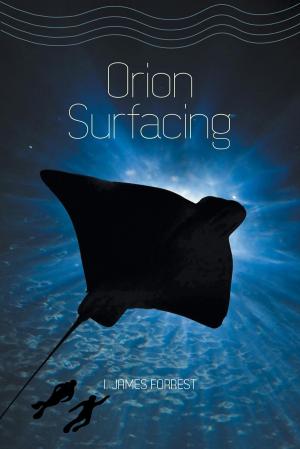Dr. William Edward Dillon, Navy Surgeon in Livingstone's Africa
Nonfiction, History, Africa, Family & Relationships, Biography & Memoir| Author: | Julia Turner | ISBN: | 9781460229811 |
| Publisher: | FriesenPress | Publication: | March 24, 2014 |
| Imprint: | Language: | English |
| Author: | Julia Turner |
| ISBN: | 9781460229811 |
| Publisher: | FriesenPress |
| Publication: | March 24, 2014 |
| Imprint: | |
| Language: | English |
“In nothing do men more nearly approach the gods than in giving health to men.” -Cicero It was the 1860s, and slave traders were slipping across the seas between Zanzibar and Arabia. Irish surgeon Dr. William Edward Dillion hunted them down in British tall ships, tasked with the medical care for all on board - including rescued slaves from the captured trading vessels. When the great missionary David Livingstone went missing in central Africa in 1872, Dr. Dillon, grounded with a damaged ship, led the Livingstone East Coast Expedition as second-in-command. They marched 500 miles with badly needed medical supplies only to discover the worst: Livingstone was dead. This is the account of a man so intent on keeping people alive, he travelled across land and sea to do it. Dillon met his end in a tent in the middle of Africa. But the circumstances around his death are labelled suspicious and a new expedition in 2004 sets off to find the answers.
“In nothing do men more nearly approach the gods than in giving health to men.” -Cicero It was the 1860s, and slave traders were slipping across the seas between Zanzibar and Arabia. Irish surgeon Dr. William Edward Dillion hunted them down in British tall ships, tasked with the medical care for all on board - including rescued slaves from the captured trading vessels. When the great missionary David Livingstone went missing in central Africa in 1872, Dr. Dillon, grounded with a damaged ship, led the Livingstone East Coast Expedition as second-in-command. They marched 500 miles with badly needed medical supplies only to discover the worst: Livingstone was dead. This is the account of a man so intent on keeping people alive, he travelled across land and sea to do it. Dillon met his end in a tent in the middle of Africa. But the circumstances around his death are labelled suspicious and a new expedition in 2004 sets off to find the answers.















